
Find Help
More Items From Ergsy search
-

Are there expected changes to capital gains tax in 2026?
Relevance: 100%
-
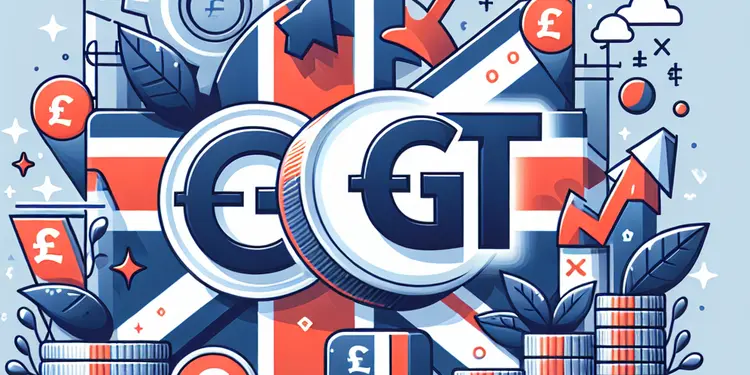
What is Capital Gains Tax (CGT)?
Relevance: 77%
-

What tax rate applies to capital gains from property sales?
Relevance: 68%
-
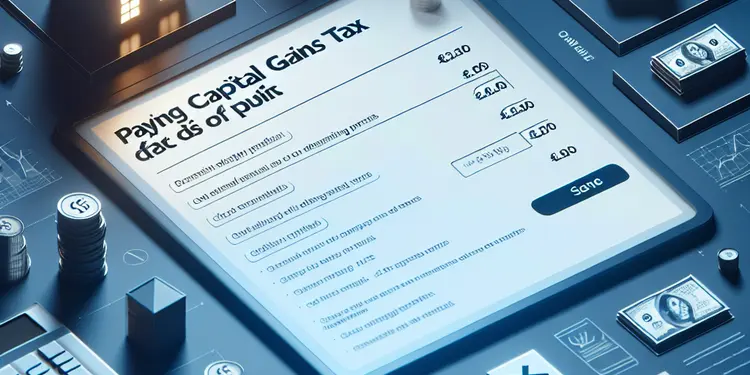
How do I pay the Capital Gains Tax after reporting the property disposal?
Relevance: 68%
-

How do I report and pay Capital Gains Tax on property disposals?
Relevance: 67%
-
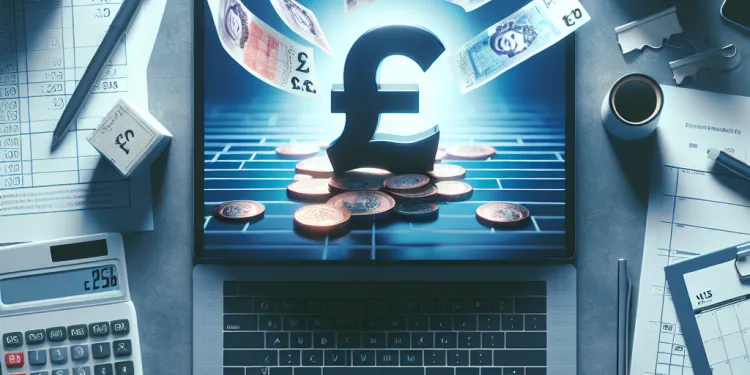
How soon should I prepare for the 2026 tax changes?
Relevance: 54%
-
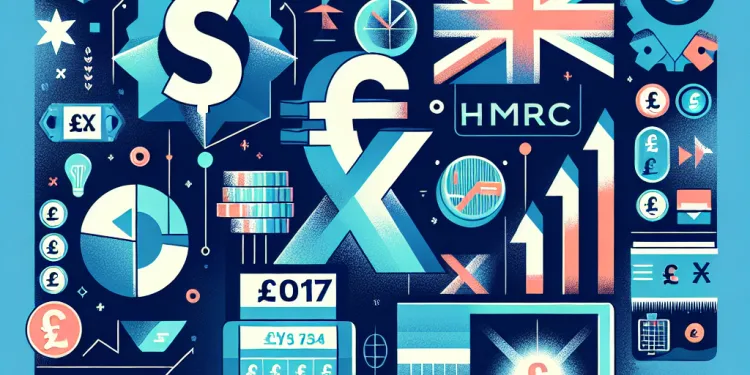
What are HMRC Income Tax Changes in April 2026?
Relevance: 53%
-

What is capital gains tax in the UK?
Relevance: 46%
-

How do I calculate the gain on my property sale?
Relevance: 46%
-

Will the personal allowance be altered for the 2026 tax year?
Relevance: 45%
-

Are there changes expected for tax credits in April 2026?
Relevance: 45%
-

Are there any planned changes to tax bands for April 2026?
Relevance: 43%
-
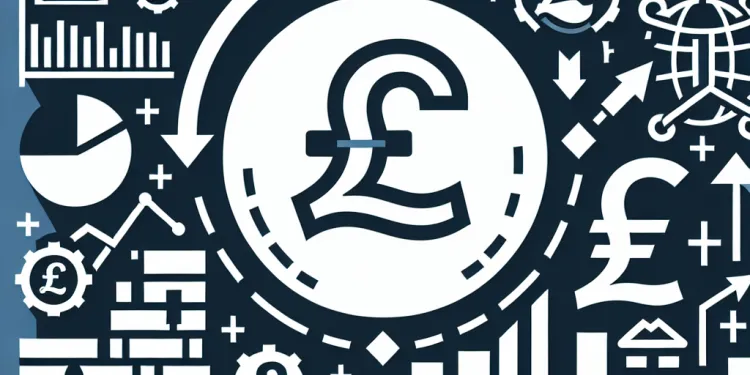
Will income thresholds for tax reliefs be revised in 2026?
Relevance: 43%
-

What is Capital Gains Tax (CGT)?
Relevance: 43%
-
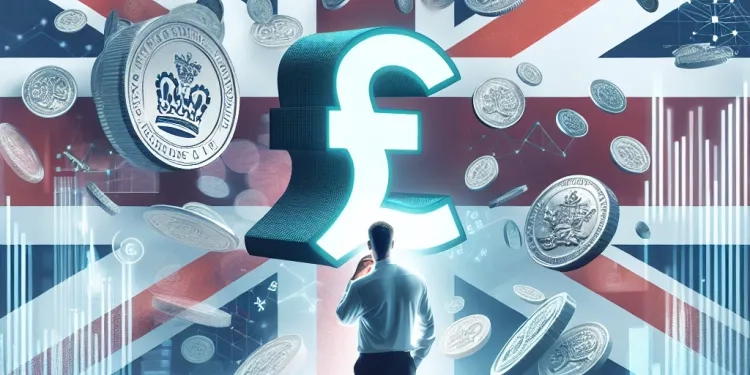
What are the HMRC income tax changes coming into effect in April 2026?
Relevance: 42%
-
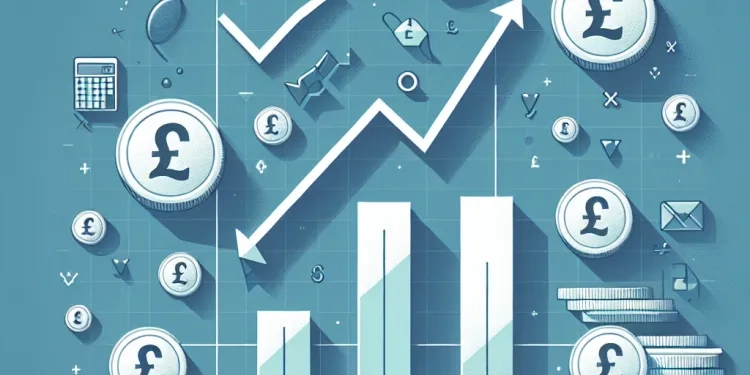
Could there be a reduction in the basic rate of income tax by 2026?
Relevance: 42%
-

What is the wealth tax in the UK?
Relevance: 40%
-

How do I report a property disposal to the tax authorities?
Relevance: 40%
-

What is the Wealth Tax in the UK?
Relevance: 40%
-

How are self-assessment taxpayers affected by the 2026 changes?
Relevance: 39%
-
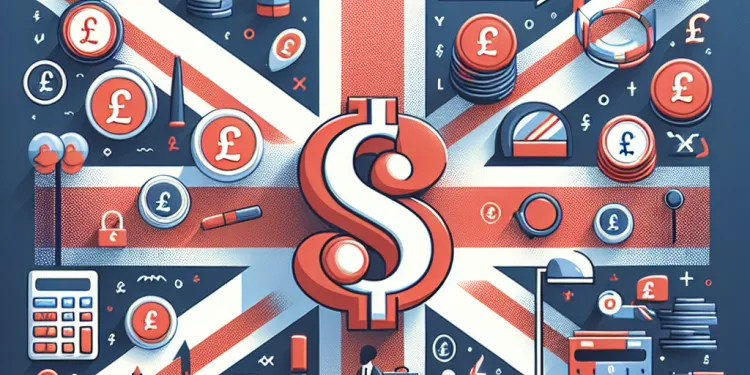
What should business owners expect from income tax changes in 2026?
Relevance: 39%
-

Is there a plan to introduce new tax initiatives in April 2026?
Relevance: 37%
-

How will dividend taxation change in April 2026?
Relevance: 37%
-

Why doesn't the UK have a wealth tax?
Relevance: 37%
-
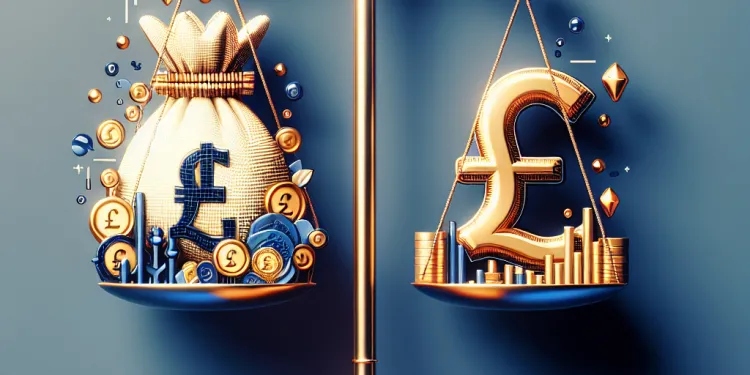
Has the UK ever had a wealth tax?
Relevance: 33%
-

Is there a change in National Insurance rates for 2026?
Relevance: 33%
-

Will there be a change in the additional rate threshold in April 2026?
Relevance: 32%
-

Will personal savings allowances be updated in 2026?
Relevance: 32%
-

What is a Wealth Tax?
Relevance: 32%
-

How might a wealth tax affect wealthy individuals?
Relevance: 32%
-

Would a wealth tax replace other taxes in the UK?
Relevance: 32%
-

Can I offset losses from other properties when calculating my CGT?
Relevance: 31%
-
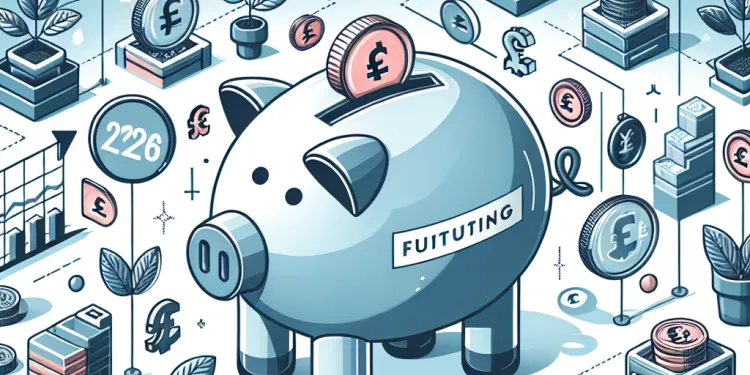
Will pension contribution allowances be affected in 2026?
Relevance: 31%
-

Could a wealth tax affect economic growth in the UK?
Relevance: 31%
-

Are there any changes to spousal support regulations in 2026?
Relevance: 31%
-
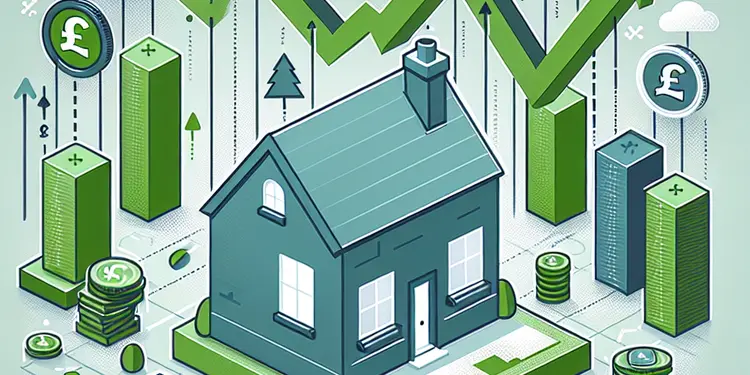
How can I reduce my CGT liability on a property sale?
Relevance: 31%
-

Are there further changes expected after 2026?
Relevance: 30%
-
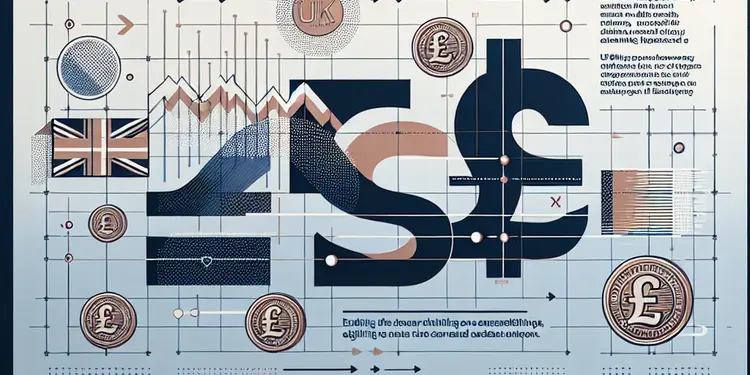
Has the process for adoption changed in 2026?
Relevance: 30%
-

How might a wealth tax impact inequality in the UK?
Relevance: 30%
-
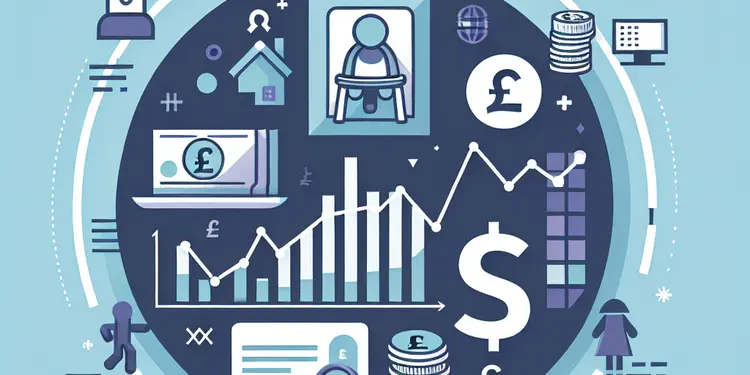
What updates have been made to enforce child support in 2026?
Relevance: 30%
Introduction to Capital Gains Tax
Capital Gains Tax (CGT) is a tax on the profit realized from the sale of a non-inventory asset that was greater in value than the purchase price. In the UK, this tax is applicable to several types of assets, including property, shares, and other investments not held in tax-sheltered accounts. As of 2023, the CGT plays a crucial role in the country's tax system, with specific allowances and rates subject to periodic review and adjustment by the government.
Current Capital Gains Tax Rates
The current structure of CGT in the UK varies depending on the taxpayer's income band. For individuals, the basic rate taxpayers pay 10% on their capital gains, while higher and additional rate taxpayers incur a 20% tax. There is also a distinction for residential property and carried interest, with rates at 18% for basic rate taxpayers and 28% for those in the higher brackets. These rates are applied to gains exceeding the annual tax-free allowance, which is set at £6,000 for the 2023/24 tax year but is subject to annual reviews.
Speculation on Changes in 2026
As we approach 2026, there is significant speculation regarding potential changes to the CGT in the UK. These speculations often arise from broader governmental aims to reform taxation structures, address fiscal deficits, or respond to economic changes. While no official announcements have yet been made, there are several factors that contribute to expectations of possible changes to the existing CGT framework.
Possible Factors Influencing Future Changes
One of the primary drivers for potential alterations in CGT is the economic context post-Brexit and the recovery phase following the pandemic impact. The UK government may consider increasing CGT rates to align them more closely with income tax rates, aiming to boost revenue while addressing perceived inequities in the tax system. Additionally, there might be changes to allowances, with a probable reduction in the annual exempt amount to capture more revenue.
Implications for Investors
For investors and property owners, potential changes to CGT in 2026 could significantly impact strategies concerning asset disposal and investment planning. Increased rates or reduced allowances would necessitate a more strategic approach to managing gains. Investors may need to reconsider their portfolios or explore tax-efficient vehicles to mitigate potential increases in liabilities.
Conclusion
While no definitive changes to the CGT have been announced for 2026, it remains a subject of intense scrutiny and speculation among financial professionals and taxpayers. Staying informed about government consultations, budget statements, and policy trends will be essential for anticipating and navigating any potential alterations in the tax landscape. Adapting to these changes will be critical for optimizing individual and business tax strategies moving forward.
Introduction to Capital Gains Tax
Capital Gains Tax (CGT) is a tax you pay when you make money from selling things like houses, shares, or other investments. If you sell something for more than you paid for it, you might have to pay this tax. In the UK, many things are included in this tax. As of 2023, the rules about CGT are important and can change from time to time.
Current Capital Gains Tax Rates
Right now, the amount of CGT you pay in the UK depends on how much money you earn. If you earn a basic amount, you pay 10% tax on your gains. If you earn more, you pay 20%. For houses, it's a bit different: basic earners pay 18% and higher earners pay 28%. You only pay CGT on gains above £6,000, which is checked every year.
Speculation on Changes in 2026
People think the rules for CGT may change in 2026. The government might change taxes to help pay for things or to make them fairer. No changes have been announced yet, but many expect some changes to happen.
Possible Factors Influencing Future Changes
Changes to CGT might happen because of the economy after Brexit and the pandemic. The government might make CGT rates closer to income tax rates. They might also lower the amount of money you can earn before you pay CGT, so more people pay CGT.
Implications for Investors
If the CGT rules change in 2026, people who invest in property or other assets might have to think carefully about what to do. Higher taxes or lower allowances mean they need to plan differently. They might look for new ways to save on taxes.
Conclusion
We don't know for sure if CGT rules will change in 2026, but many are paying close attention. It's important to keep up with what the government says and what new rules might come. People and businesses should be ready to adjust how they handle taxes.
Frequently Asked Questions
What are capital gains taxes?
Capital gains taxes are taxes on the profit from the sale of an asset, such as stocks, bonds, or real estate.
Why might there be changes to capital gains tax in 2026?
Changes to capital gains tax may occur due to legislative updates, economic policy shifts, or government attempts to adjust revenue.
Who determines changes to capital gains tax rates?
Changes are typically determined by the government, often involving Congress and the President in the United States.
What factors influence changes to capital gains tax?
Economic conditions, fiscal policy priorities, political agendas, and revenue needs all influence potential changes.
How often do capital gains tax rates typically change?
There is no set schedule; changes can occur as economic and political conditions evolve.
Is there any information on changes to capital gains taxes scheduled for 2026?
As of now, there is no official information on planned changes for 2026, but staying informed about legislative updates is crucial.
How can I stay updated on potential changes to capital gains tax?
Following financial news, government proposals, and updates from tax professionals can help keep you informed.
What is the current capital gains tax rate for 2023?
In 2023, the long-term capital gains tax rates in the US are 0%, 15%, or 20%, depending on income levels.
Could capital gains tax rates increase in 2026?
It's possible, especially if there are shifts in policy priorities or economic conditions that necessitate revenue adjustments.
What is the impact of inflation on capital gains tax?
Inflation can erode the real value of gains, leading to debates on whether tax thresholds should be indexed to inflation.
How do capital gains tax changes affect investors?
Changes can impact investment strategies, portfolio management, and the timing of asset sales to minimize taxes.
Can state-level policies influence capital gains tax rates?
Yes, individual states can have their own separate capital gains taxes in addition to federal rates.
Are there proposals to change how capital gains are calculated?
Proposals may include changes to tax brackets, rates, or methods of calculating gains, such as indexing for inflation.
What is a 'step-up in basis' and could it change?
Step-up in basis adjusts the value of an inherited asset to its market value at the time of inheritance, potentially reducing taxable gains.
Will any potential changes in 2026 affect all types of assets?
This depends on the specifics of any legislation, which may target certain asset classes differently.
What role do capital gains taxes play in economic policy?
They influence investment behaviors, government revenue generation, and economic equality considerations.
Are there any international considerations regarding US capital gains taxes?
Yes, cross-border investments, treaties, and global economic conditions can influence US tax policy.
How might potential changes to capital gains taxes affect retirement accounts?
If implemented, changes may affect withdrawal strategies from taxable accounts but generally don't impact tax-advantaged accounts directly.
What guidance do experts offer for preparing for potential tax changes?
Experts recommend staying informed, consulting with tax professionals, and considering flexible investment strategies.
Where can I find more detailed guidance on current capital gains tax legislation?
The IRS website, financial news outlets, and professional tax advisory services can provide updated and detailed guidance.
What are capital gains taxes?
Capital gains tax is money you pay to the government when you make money from selling things like a house or shares.
Here are some tools to help you:
- Use pictures to help understand what capital gains tax is.
- Ask someone to explain it to you with examples.
Capital gains taxes are money you pay to the government when you make money by selling something like stocks, bonds, or houses.
Why could capital gains tax change in 2026?
The government might change the rules for capital gains tax in 2026.
Capital gains tax is a money charge when you sell something for more money than you paid for it, like a house or shares.
Changes can happen when the government wants to raise more money or make things fairer.
If you struggle with reading, you can ask someone to help explain it to you. Using pictures or charts can also help make the information clearer.
Sometimes, the rules about capital gains tax can change. This might happen because the government makes new laws or wants to change how they manage the country’s money. It could also happen if they need to collect more money for the country.
If you find these changes hard to understand, you can ask someone to explain it to you. You can also use online tools that make reading easier, like text-to-speech apps that read the text out loud.
Who decides to change capital gains tax rates?
Capital gains tax is a tax you pay on profit from selling something, like a house or shares. When the government wants to change how much this tax is, certain people decide it.
The people who decide tax changes are usually part of the government. This can include:
- The Parliament or Congress, where laws are made.
- The Finance or Treasury Minister, who handles money matters.
If you want help understanding this, you might try:
- Talking to a friend or family member who knows about taxes.
- Using online videos or podcasts that explain taxes simply.
Changes are usually made by the government. In the United States, this means Congress and the President.
What makes capital gains tax change?
Here are some things that can make capital gains tax go up or down:
- Government decisions: The government might change the tax rules. This can make the tax higher or lower.
- Economic conditions: If the economy is doing well or not, it can affect tax rates.
- Public opinion: What people think about taxes can make the government change them.
- Inflation: When prices go up over time, tax rates might adjust to keep up.
To get help understanding these changes, you can:
- Use simple charts or diagrams to see how taxes work.
- Ask a friend or family member to explain things to you.
- Look for videos that explain taxes in a simple way.
Changes can happen because of different reasons, like how the economy is doing, what the government wants to spend money on, what politicians are planning, and how much money the government needs.
How often do capital gains tax rates usually change?
Capital gains tax rates usually change every few years. It depends on the government and new rules they make.
To understand better:
- Ask a trusted adult for help.
- Use online tools that explain taxes in simple words.
- Watch videos that teach taxes with pictures and easy stories.
There is no fixed schedule. Plans can change when the economy or politics change.
Do we know about changes to money we make from selling things in 2026?
Right now, we do not know about any changes for 2026. It is important to keep checking for new information. You can use tools like news websites or ask someone to help you understand the news.
How can I know if capital gains tax changes?
1. Look at the news. Newspapers and TV often talk about tax changes.
2. Check government websites. They have the latest tax rules.
3. Ask a tax expert. They know a lot about taxes and can help explain.
Helpful tip: Use simple words and pictures to understand better.
To stay updated, you can listen to the news about money. You can also learn about new ideas from the government and get tips from people who know a lot about taxes.
What is the capital gains tax rate for 2023?
The "capital gains tax" is money you pay to the government when you make money from selling something valuable, like a house or stocks.
In 2023, the amount of tax you pay depends on how much money you earn in total. It can be 0%, 15%, or 20%.
To understand better, you can ask a family member or look at helpful websites like government tax sites.
In 2023, if you sell something valuable and make money, you might have to pay a tax. This is called a capital gains tax. The tax you pay can be 0%, 15%, or 20%, and it depends on how much money you earn.
Will the amount of tax we pay on money made from selling things go up in 2026?
Yes, it can happen. Sometimes, changes in rules or money matters mean we need to change how much money we collect.
How does inflation change capital gains tax?
Inflation means prices go up. When you sell something for more money than you paid, this is called a "capital gain." You might have to pay taxes on this extra money. But if prices are rising because of inflation, it can affect how much tax you pay.
Tips:
- Use simple money calculators online to help understand taxes.
- Ask someone you trust to explain if you find it hard to understand.
Inflation means prices go up, and money doesn’t go as far. This can make it seem like there's less money, even if you have the same amount. Some people think it's fair to change tax rules when prices rise so they keep up with the changes. This is a big debate.
How do changes in capital gains tax affect investors?
When you sell something like a house or shares, you might make money. This money is called a "capital gain." Sometimes, you have to pay tax on this money. This is called "capital gains tax."
If the rules about capital gains tax change, it means the amount of tax you need to pay may be different. This can be important if you buy and sell things to make money, like houses or shares.
Here are some tips to help:
- Ask a grown-up or a helper for advice if you're not sure.
- Use a calculator to help with numbers.
- Find easy-to-read websites for more information.
Changes can affect how people invest their money. They can also change how people manage their money and when they sell things to pay less in taxes.
Can state rules change money tax rates?
States have rules about money. Sometimes, these rules can change how much tax people pay when they sell things for more money. Tools and techniques like pictures, simple charts, or talking with someone can help understand these rules better.
Yes, each state can have its own extra tax on money you make from selling things like stocks or property. This is in addition to the tax from the country.
Are there ideas to change how we figure out capital gains?
Capital gains mean the profit made from selling something valuable, like a house or shares.
Sometimes, people talk about new ways to count these profits.
These are called proposals or ideas.
Using tools like text-to-speech can help understand better.
Ask someone you trust if you need extra help with the topic.
People are talking about ideas to change taxes. They might change who pays what, how much they pay, or how they figure out money from things like selling a house. One idea is to change taxes because of inflation, which is when prices go up over time.
If you find reading hard, try using pictures to help understand the words. You can also try reading tools that read out loud to you.
What is a 'step-up in basis' and can it change?
'Step-up in basis' is a way to figure out tax on things like houses or stocks when someone dies.
If a person passes away, their family might get their things.
The 'step-up in basis' can mean the new owners might pay less tax if they sell those things.
Sometimes, the rules can change about how this works.
You can ask a helper, like a parent or teacher, to explain more.
Step-up in basis changes the value of something you inherit to what it is worth when you get it. This can help you pay less in taxes.
Will changes in 2026 affect all things you own?
In 2026, there might be changes. These changes could affect all the things you own. Things you own are called assets. It is important to know what might change so you can be ready.
If you find reading hard, here are some things that can help:
- Ask someone you trust to help you understand.
- Use a computer or a phone to read out loud to you.
- Look for easy-to-read guides or videos.
Staying informed helps you make smart decisions about what you have.
This depends on the rules. The rules might treat different types of things in different ways.
How do taxes on money from selling things affect the economy?
When you sell something valuable like a house or shares in a company, you might have to pay a special kind of tax called a "capital gains tax". This tax is important for the economy because:
- It helps the government get money to pay for things like schools and hospitals.
- It can change how people choose to invest their money.
If you find it hard to understand, you can:
- Ask someone to explain it to you with pictures or simple examples.
- Use tools or apps that read the text out loud to you.
- Look for videos online that explain these ideas in a simple way.
Taxes change how people use their money, affect how the government gets money, and help make things fair for everyone.
Do people in other countries need to think about US capital gains taxes?
Yes, money coming in from other countries, deals between countries, and how the world economy is doing can change US tax rules.
How could changes to capital gains taxes change retirement savings?
Capital gains taxes are taxes on the money you make from selling things like stocks or properties. If these taxes change, they might change the amount of money you can save for retirement.
To understand better, you can:
- Ask a family member or friend to explain.
- Use a calculator to see how changes affect your money.
- Read simple guides online about taxes and retirement.
If changes happen, they might change how you take money out of some bank accounts where you pay taxes. But most of the time, they won't change how you take money from special accounts where you don't have to pay taxes.
What tips do experts give to get ready for possible tax changes?
It is good to know what's going on. Talk to tax experts for help. Think about different ways to invest your money.
Where can I get more help about capital gains tax rules now?
You can use the internet to search for more information. The government website often has the latest tax rules. Ask someone like a teacher or a family member to help you find it.
There are books at the library about taxes. You can ask the librarian to help you find the right book.
If you need more help, talk to a tax expert. They can explain the rules to you.
The IRS website, money news websites, and tax expert help can give you the latest and clear advice.
Useful Links
This website offers general information and is not a substitute for professional advice.
Always seek guidance from qualified professionals.
If you have any medical concerns or need urgent help, contact a healthcare professional or emergency services immediately.
Some of this content was generated with AI assistance. We’ve done our best to keep it accurate, helpful, and human-friendly.
- Ergsy carfully checks the information in the videos we provide here.
- Videos shown by Youtube after a video has completed, have NOT been reviewed by ERGSY.
- To view, click the arrow in centre of video.
- Most of the videos you find here will have subtitles and/or closed captions available.
- You may need to turn these on, and choose your preferred language.
- Go to the video you'd like to watch.
- If closed captions (CC) are available, settings will be visible on the bottom right of the video player.
- To turn on Captions, click settings .
- To turn off Captions, click settings again.
More Items From Ergsy search
-

Are there expected changes to capital gains tax in 2026?
Relevance: 100%
-

What is Capital Gains Tax (CGT)?
Relevance: 77%
-

What tax rate applies to capital gains from property sales?
Relevance: 68%
-

How do I pay the Capital Gains Tax after reporting the property disposal?
Relevance: 68%
-

How do I report and pay Capital Gains Tax on property disposals?
Relevance: 67%
-

How soon should I prepare for the 2026 tax changes?
Relevance: 54%
-

What are HMRC Income Tax Changes in April 2026?
Relevance: 53%
-

What is capital gains tax in the UK?
Relevance: 46%
-

How do I calculate the gain on my property sale?
Relevance: 46%
-

Will the personal allowance be altered for the 2026 tax year?
Relevance: 45%
-

Are there changes expected for tax credits in April 2026?
Relevance: 45%
-

Are there any planned changes to tax bands for April 2026?
Relevance: 43%
-

Will income thresholds for tax reliefs be revised in 2026?
Relevance: 43%
-

What is Capital Gains Tax (CGT)?
Relevance: 43%
-

What are the HMRC income tax changes coming into effect in April 2026?
Relevance: 42%
-

Could there be a reduction in the basic rate of income tax by 2026?
Relevance: 42%
-

What is the wealth tax in the UK?
Relevance: 40%
-

How do I report a property disposal to the tax authorities?
Relevance: 40%
-

What is the Wealth Tax in the UK?
Relevance: 40%
-

How are self-assessment taxpayers affected by the 2026 changes?
Relevance: 39%
-

What should business owners expect from income tax changes in 2026?
Relevance: 39%
-

Is there a plan to introduce new tax initiatives in April 2026?
Relevance: 37%
-

How will dividend taxation change in April 2026?
Relevance: 37%
-

Why doesn't the UK have a wealth tax?
Relevance: 37%
-

Has the UK ever had a wealth tax?
Relevance: 33%
-

Is there a change in National Insurance rates for 2026?
Relevance: 33%
-

Will there be a change in the additional rate threshold in April 2026?
Relevance: 32%
-

Will personal savings allowances be updated in 2026?
Relevance: 32%
-

What is a Wealth Tax?
Relevance: 32%
-

How might a wealth tax affect wealthy individuals?
Relevance: 32%
-

Would a wealth tax replace other taxes in the UK?
Relevance: 32%
-

Can I offset losses from other properties when calculating my CGT?
Relevance: 31%
-

Will pension contribution allowances be affected in 2026?
Relevance: 31%
-

Could a wealth tax affect economic growth in the UK?
Relevance: 31%
-

Are there any changes to spousal support regulations in 2026?
Relevance: 31%
-

How can I reduce my CGT liability on a property sale?
Relevance: 31%
-

Are there further changes expected after 2026?
Relevance: 30%
-

Has the process for adoption changed in 2026?
Relevance: 30%
-

How might a wealth tax impact inequality in the UK?
Relevance: 30%
-

What updates have been made to enforce child support in 2026?
Relevance: 30%


